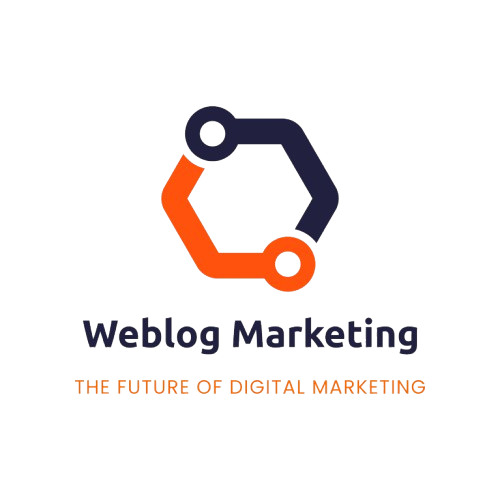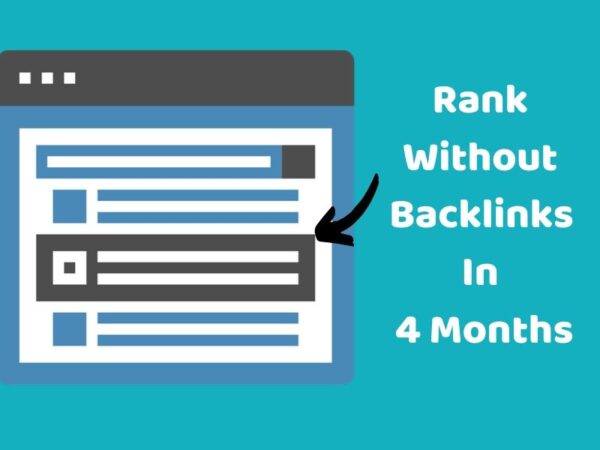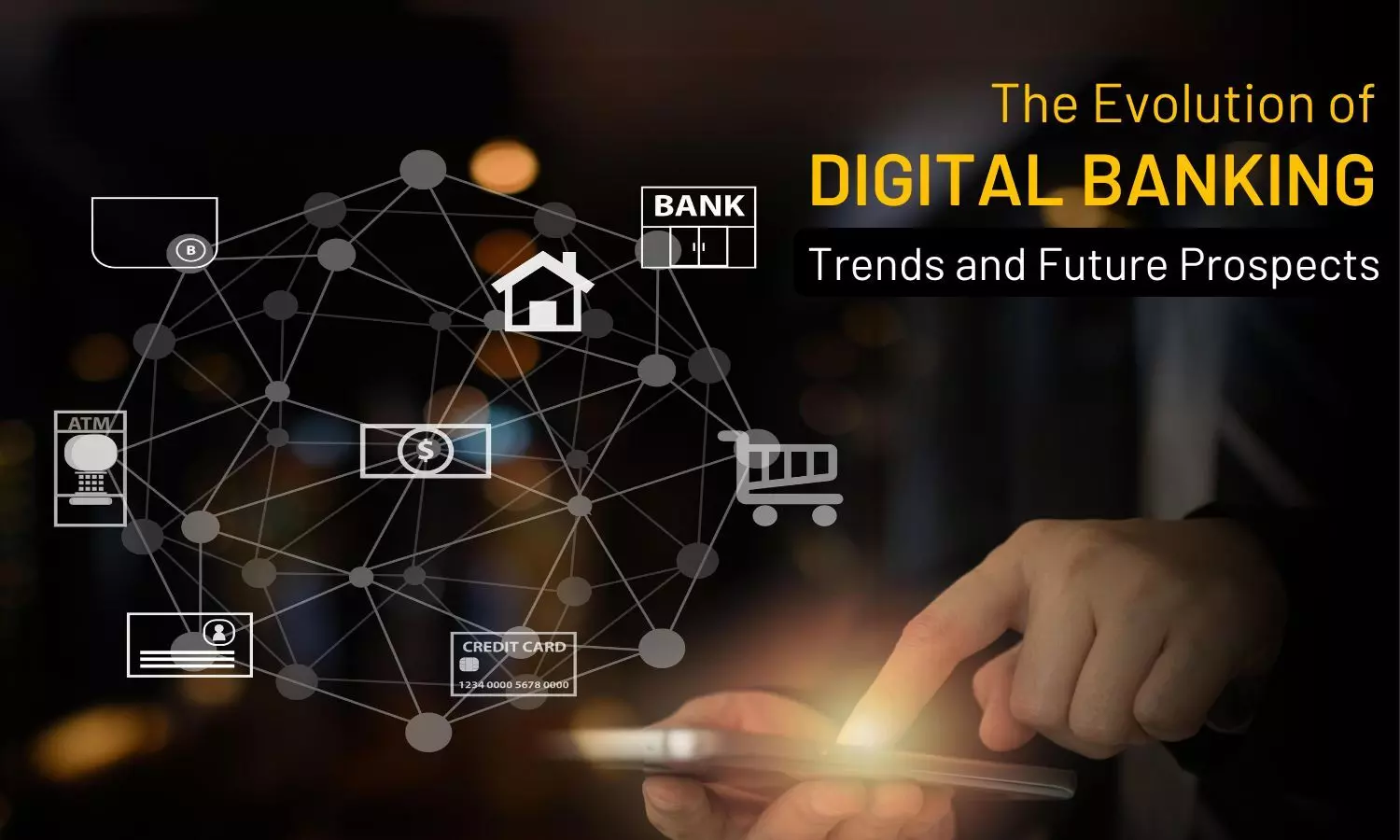In the ever-evolving world of digital marketing, staying ahead of trends is crucial for businesses looking to maintain a competitive edge. With rapid advancements in technology and shifting consumer behavior, 2025 is set to bring transformative changes to the digital marketing landscape. In this blog, we’ll explore the top trends shaping the future of digital marketing and how businesses can leverage them for success.
1. Artificial Intelligence (AI) in Marketing
AI has already made significant strides in digital marketing, and its influence is only expected to grow and the future of digital marketing in 2025. From chatbots and personalized recommendations to predictive analytics, AI enables brands to enhance customer experiences and automate marketing efforts. AI-driven tools like ChatGPT, Jasper, and Google’s BERT algorithm help marketers create data-driven strategies, optimize content, and improve customer engagement.
2. Voice Search Optimization
With the rise of smart speakers and voice assistants like Alexa, Google Assistant, and Siri, voice search optimization is no longer an option but a necessity. By 2025, voice searches are predicted to account for more than 50% of all online searches. Marketers need to focus on conversational keywords, local SEO, and structured data to ensure their content is voice-search-friendly.
3. Video Marketing Dominance
Video content remains king in digital marketing. Platforms like YouTube, TikTok, and Instagram Reels continue to dominate user engagement. By 2025, short-form videos, live streaming, and interactive videos will be crucial for brand storytelling. Businesses should invest in high-quality video production and leverage AI-powered video editing tools to create compelling and shareable content.
4. Social Commerce Expansion
Social media platforms like Facebook, Instagram, and TikTok are evolving into full-fledged e-commerce hubs. With features like shoppable posts, live shopping, and in-app checkout, social commerce is set to grow exponentially in 2025. Brands must integrate social selling strategies and leverage influencer marketing to drive conversions and customer engagement.
5. Personalization & Data Privacy
Consumers expect hyper-personalized experiences, but with increasing concerns over data privacy, marketers must strike a balance. The phase-out of third-party cookies by Google and stricter data regulations will make first-party data collection more important than ever. Businesses should focus on gathering data through loyalty programs, email marketing, and interactive content while ensuring transparency and compliance with privacy laws.
6. Metaverse & Virtual Reality (VR) Marketing
The metaverse is becoming a digital playground for brands. Companies like Nike, Gucci, and Coca-Cola have already started exploring virtual worlds for brand engagement. By 2025, more businesses will integrate VR and augmented reality (AR) into their marketing strategies to create immersive experiences. Whether it’s virtual showrooms, NFT-based promotions, or interactive brand storytelling, the metaverse offers endless possibilities.
7. Influencer Marketing Evolution
Influencer marketing is shifting from celebrity endorsements to niche and micro-influencers who have highly engaged audiences. Brands will focus on long-term partnerships rather than one-off collaborations. AI-driven influencer marketing platforms will help businesses identify the right influencers and measure campaign success with real-time analytics.
8. Interactive Content for Higher Engagement
Static content is no longer enough to capture user attention. Interactive content such as quizzes, polls, surveys, and gamification will be key in 2025. These formats not only enhance user engagement but also help collect valuable consumer insights. Businesses should incorporate interactive elements into their digital marketing strategies to boost conversions and customer satisfaction.
9. Sustainable & Ethical Marketing
Consumers are becoming more conscious of brands’ social and environmental impact. Ethical marketing and sustainability will play a major role in purchasing decisions. Brands need to be transparent about their practices, adopt eco-friendly initiatives, and highlight their corporate social responsibility efforts in their marketing campaigns.
10. Omnichannel Marketing for Seamless Customer Experience
Customers interact with brands across multiple touchpoints, from social media and websites to email and physical stores. Omnichannel marketing ensures a seamless and consistent experience across all platforms. Businesses should integrate AI-driven customer journey mapping to deliver personalized and cohesive interactions across different channels.
Conclusion
The future of digital marketing landscape in 2025 will be driven by AI, video content, voice search, social commerce, and emerging technologies like the metaverse. Businesses that adapt to these trends and prioritize personalization, interactivity, and ethical marketing will thrive in the competitive online space. Staying ahead of these changes and leveraging the right tools and strategies will be key to digital marketing success in the years to come.





